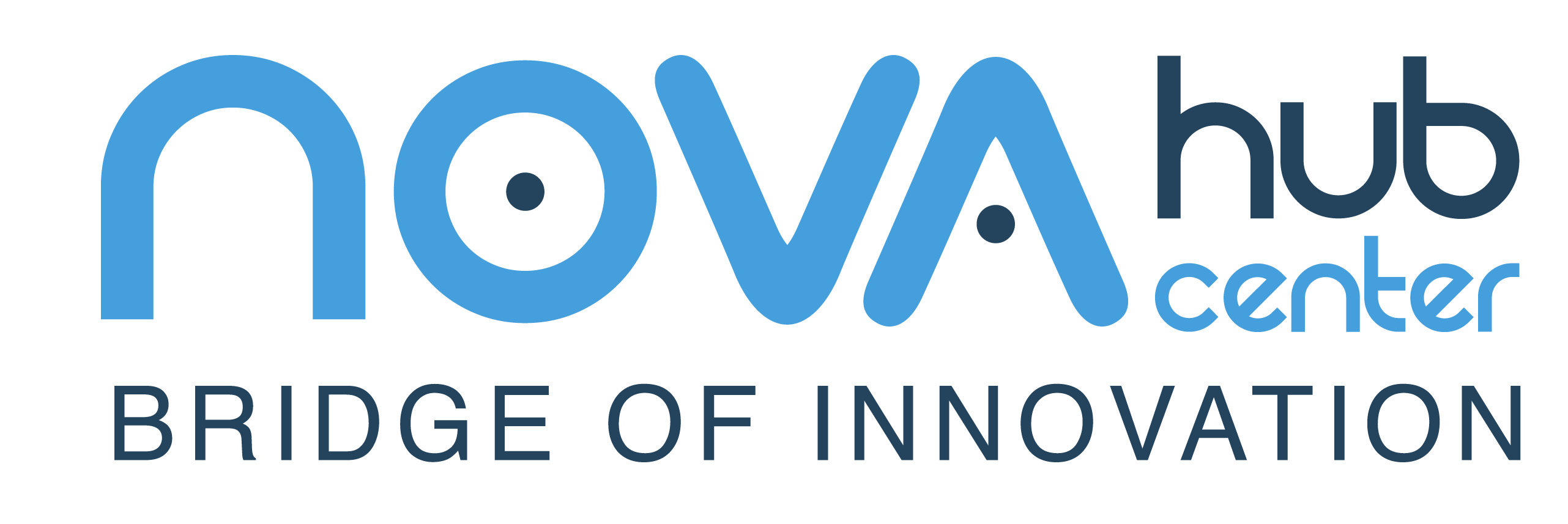
REAL ESTATE, BETWEEN TRADITION AND INNOVATION
REAL ESTATE, BETWEEN TRADITION AND INNOVATION
REAL ESTATE, A MARKET THAT NEEDS TO EVOLVE
Today real estate appears to be the largest asset class in the world. This market is extremely powerful being valued. at $217 trillion
The blockchain technology is constantly being introduced everywhere, and the real estate sector make no exception. It has recently been adopted because of the huge opportunity to transform the real estate industry and to respond to the constraints of the sector.
The real estate industry is doing well but is experiencing several problems slowing down its activity. Barriers to entry are very high, being the entry cost, the lack of transparency, the high costs, the lack of liquidity and the speed of transaction are all factors that disrupt the optimization of the sector.
In its simplest form, blockchain is a distributed database. By recording and combining transactions into a de-centralized, secure ledger system, it creates a “chain” of chronological data that no party has control of. The value lies in the system’s ability to authenticate and track transactions in real time without the use of a third party, such as a bank.
THE ROLE OF SMART CONTRACTS AND TOKENIZATION
In particular, the blockchain introduces two services into the real estate ecosystem:
How can these two technologies revolutionize real estate investment?
Smart contracts are automated ones that function like an ATM. Contracts will only perform the task if the previous one has been performed first. These contracts make it possible to overcome several of the constraints mentioned above:
Let’s move on to tokenization. You may not be familiar with this term, but like smart contracts, it plays an important role in the technological development of the real estate sector. These are simple numerical representations of assets, a value or a function in the real world, in the form of tokens. We distinguish two types of tokens such as payments coins, i.e cryptocurrencies like bitcoins or Ethereum and utility tokens.
The interest of the blockchain here is that it helps tokenizing real-world assets. Its advantages include:




 English
English Español
Español